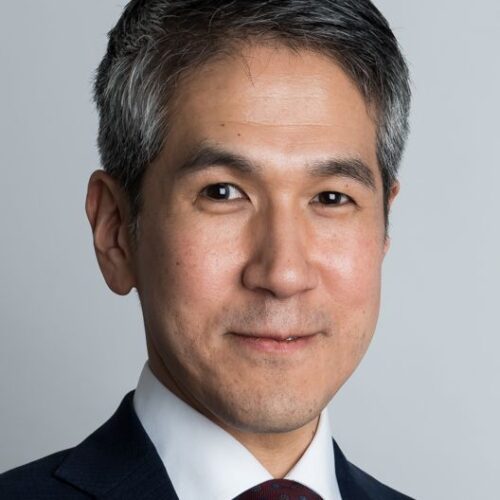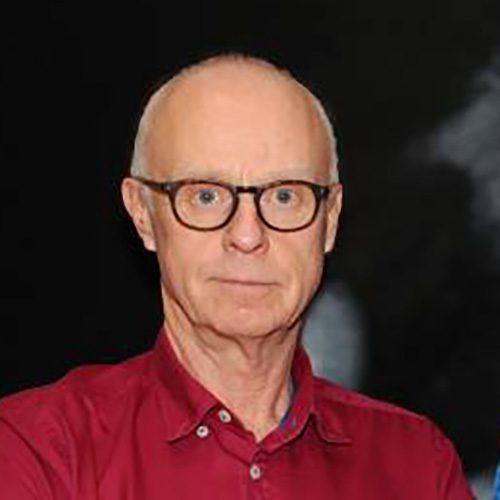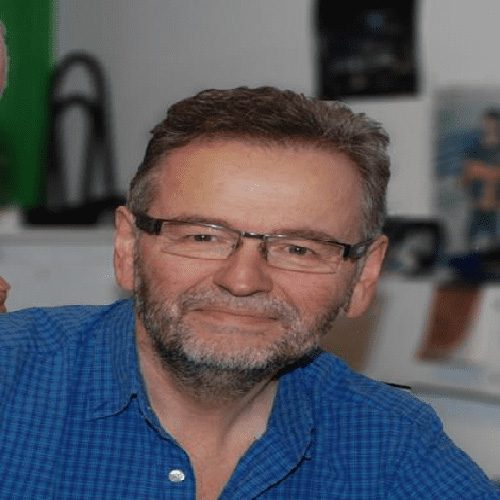Who we are
Senya Therapeutics is a newly formed spinout of University College London based in Central London. We have inherited data, knowhow and an extensive portfolio of patents related to a novel target called glycoprotein leucine-rich α-2 glycoprotein 1 (LRG1). Our co-founders, Professors John Greenwood and Steve Moss are world authorities on LRG1.
What we do
LRG1 is highly expressed in patients with CKD where it is a validated prognostic biomarker and promotes vascular dysfunction and fibrosis. LRG1 is also overexpressed in many solid cancers leading to tumour growth and drug resistance. Senya’s academic founders have shown that inhibition of LRG1 increases efficacy of anti-PD-1 therapies in mouse melanoma and lung models. External academics have proven that LRG1 blockage attenuates kidney dysfunction in mouse models.
Senya is developing first-in-class LRG1-inhibitors. Our lead compound STX-002 is near-IND. STX-002 is a high affinity, humanised, full-length function-blocking LRG1 antibody and has shown efficacy as a monotherapy. Senya aims to start clinical trials for CKD and cancer in the next 24 months.
Team
Advisors

Prof. David Wheeler
Professor of Kidney Medicine, University College London
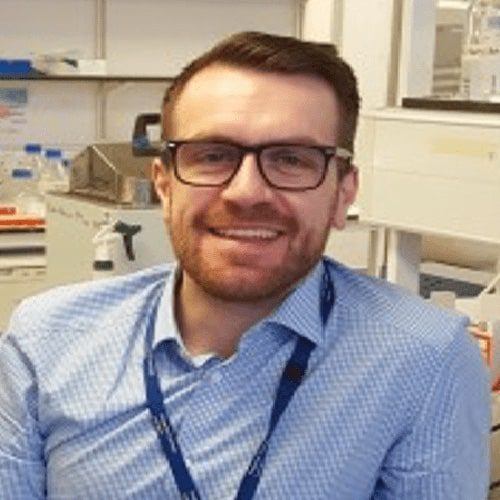
Dr Stephen McAdoo
Consultant Nephrologist and Clinical Research Fellow, Autoimmune kidney diseases, Imperial College London Dept. of Immunology & Inflammation
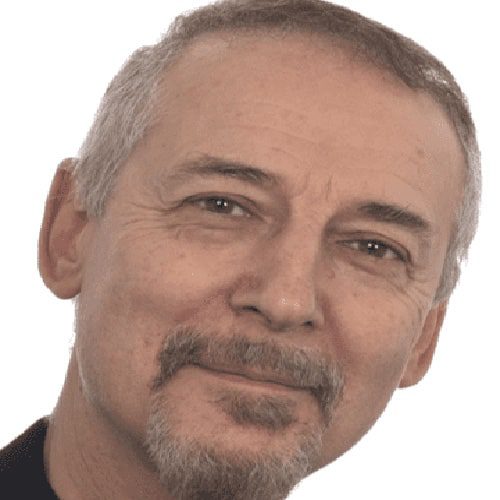
Prof. Adrian Harris
Emeritus Professor of Medical Oncology, University of Oxford
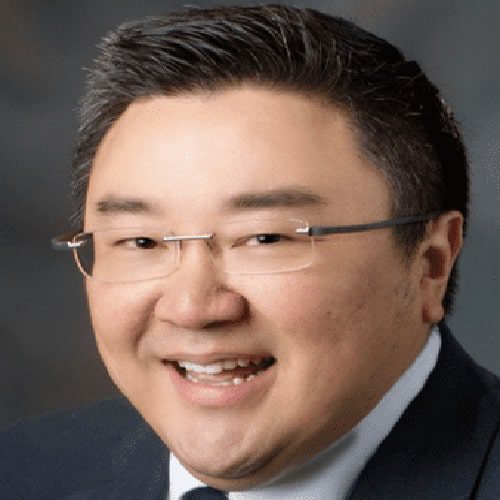
Associate Prof. Timothy Yapp
Medical Oncologist and Physician-Scientist. The University of Texas MD Anderson Cancer Centre

Professor Christian Blank
Professor, Internal medicine, University of Leiden; Group Leader, Netherlands Cancer Institute

Prof. Sobha Sivaprasad
Retinal disease, consultant ophthalmologist Moorfields Eye Hospital & UCL Institute of Ophthalmology
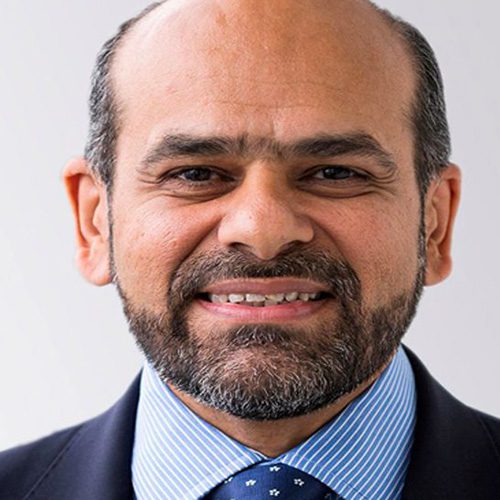
Dr Aniz Girach – Ophthalmology
Ophthalmologist and experienced CMO
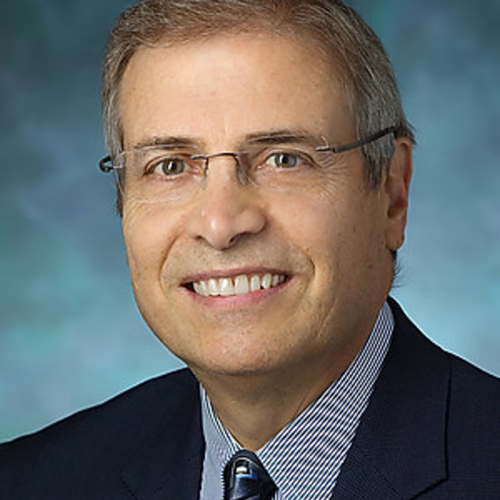
Prof. Peter Campochiaro – Clinical advisor
Retinal disease, neovascularisation, new therapies Johns Hopkins University School of Medicine
Our Journey

2013
The discovery of LRG1 and function published in 2013 by professors Greenwood and Moss. The publication went on to gain over 435 citations.

2013-2022
LRG1 target validation (cancer, retinal disease)
Lead Creation & Optimisation:
- 15C4, LRG1 antibody for mouse models
- STX-002 humanised antibody
- Preclinical efficacy, safety (NHP) and PK of STX-002

2021
LRG1 inhibition restricts tumour growth was published in 2021 by professors Greenwood and Moss; 38 citations. Pursued ophthalmology opportunities as PanAngium Therapeutics.

2023
Senya Therapeutics was launched, succeeding PanAngium Tx, with focus on nephrology and oncology, with exclusive WW license. Completing preclinical work for nephrology and oncology; preparing for IND

